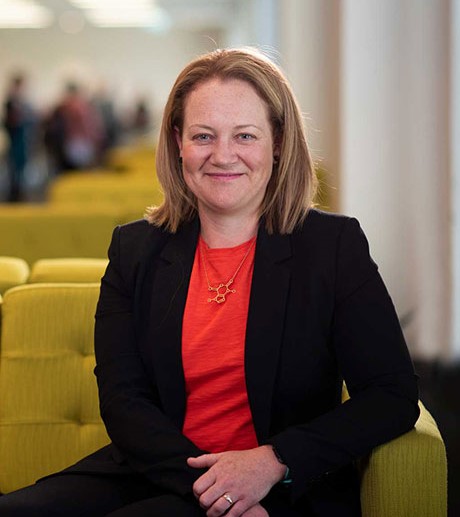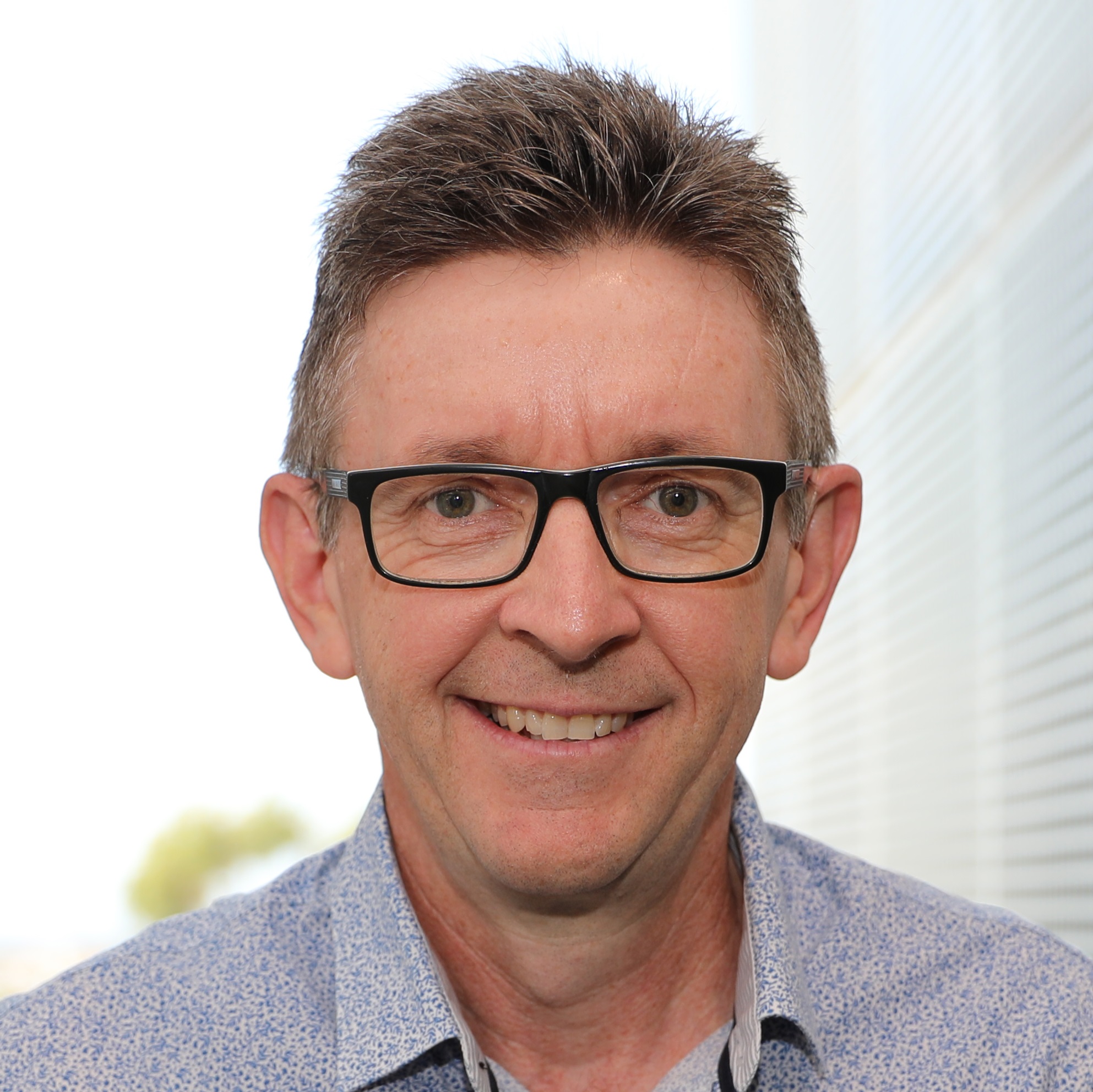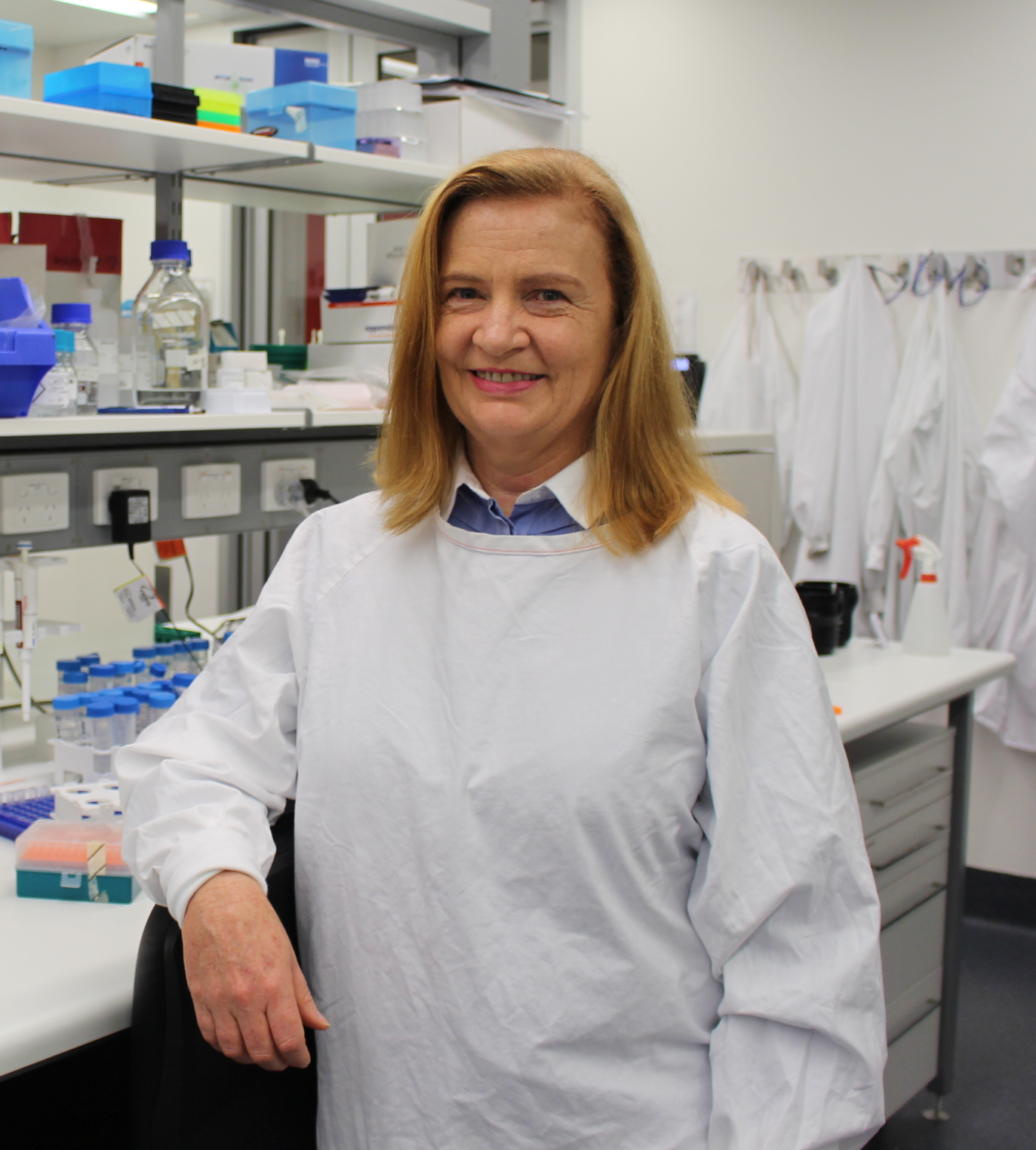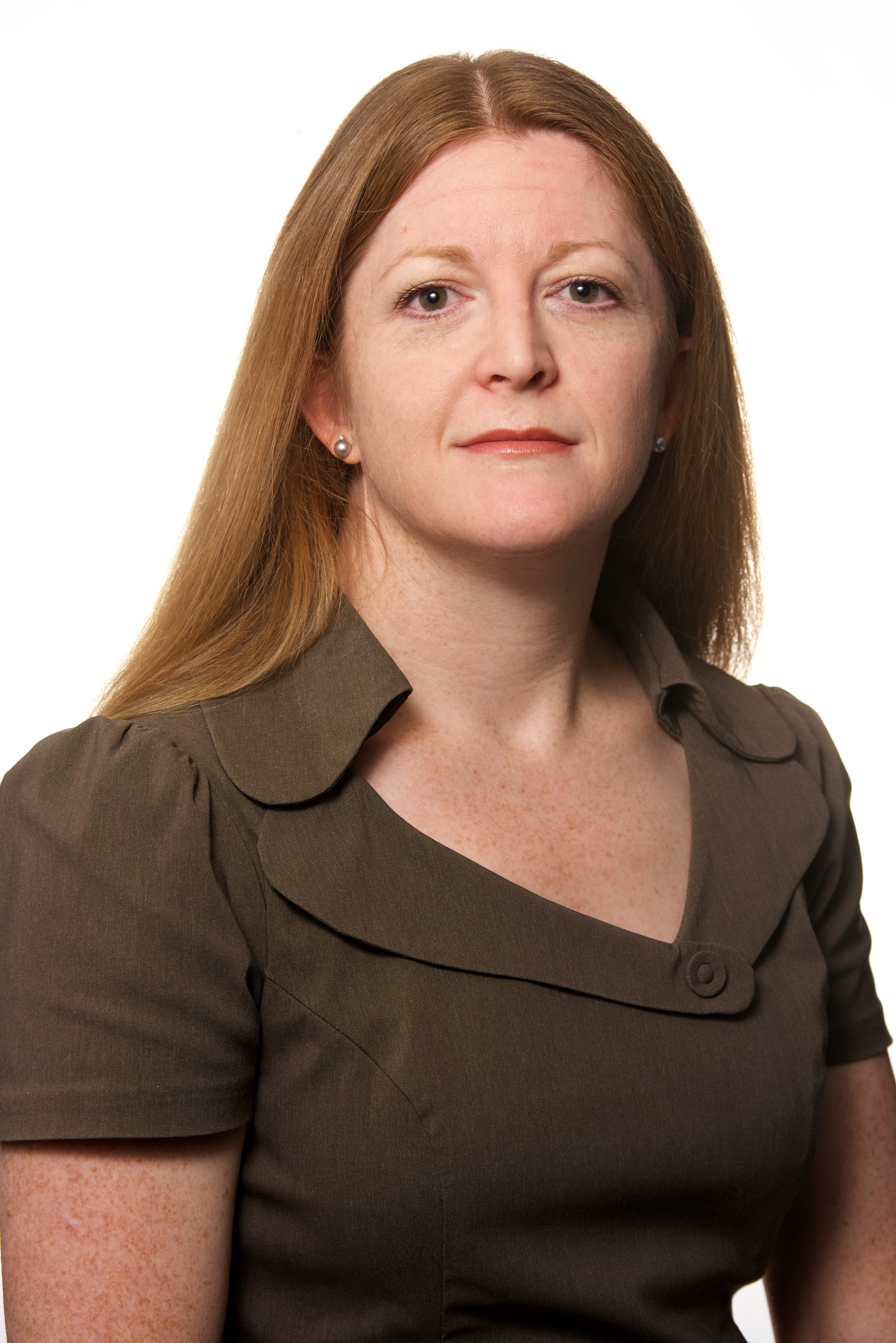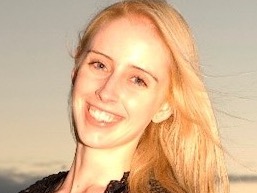
Academic Staff
Professor Jennifer Martin
Professor Jennifer Martin as Director of the Centre, is a dual-trained clinical pharmacologist and physician, and Chair of the Discipline of Clinical Pharmacology in the School of Medicine and Public Health at the University of Newcastle, Australia. Here she leads the clinical pharmacology teaching program in the University and undertakes physician education in the health system.
Professor Martin is also Director of the NHMRC-funded Australia Centre for Cannabinoid Clinical and Research Excellence (ACRE), Australia's first federally-funded research centre in medicinal cannabinoids to ensure quality and safety in the implementation of medicinal cannabis use in the community.
She leads the largest international medicinal cannabis trial, and first of its kind, enabling access to cannabis medicines for a significant advanced cancer population, and is part of Australia's first medical cannabis trial to produce world-class pharmacokinetic analysis and sophisticated modelling to inform drug dosage and frequency of administration. She also is lead Chief Investigator on a $1.96 million Cancer Council NSW pathways grant to develop a personalised chemotherapy dosing system for cancer patients. She is an elected Council member of the University Council, President Elect of the Royal Australasian College of Physicians, and elected member of the Australian Institute of Company Directors NSW Council.
Associate Professor Nikola Bowden
Associate Professor Nikola Bowden is co-Director of the Centre and leads the Australian Program for Drug Repurposing and the DNA Repair Group. Professor Bowden's research has the overall aim of delivering personalised diagnosis and treatment to patients with cancer, with a more focused interest in investigating DNA repair and drug repurposing for melanoma and ovarian cancer.
Professor Bowden is the Hunter Medical Research Institute Fellow dedicated to ovarian cancer research. Professor Bowden's research also focuses on repurposing existing cancer drugs. She strongly believes we need to rethink our conventional approach to cancer research. She feels we are wasting years of research and knowledge by shelving old drugs and trying to always find new ones.
Instead of focusing on creating new drugs, Nikola and her team are looking at how existing drugs can be used in new ways. For cancer patients who need more immediate solutions, her work is having a meaningful impact.
Laureate Professor Nick Talley
Laureate Professor Talley is currently Pro Vice-Chancellor, Global Research at the University of Newcastle, Australia.
Listing over 1,000 publications and receiving more than $10 million in grants, Professor Talley's expertise has seen him receive numerous awards and accolades, including the 2014 American Gastroenterological Association Distinguished Educator Award. Professor Talley is also the author of the highly regarded textbooks Clinical Examination and Examination Medicine with Dr Simon O'Connor.
An academic clinician, researcher and scientist, Professor Talley has built a growing reputation of excellence for gastroenterology research at the University of Newcastle and the Hunter Medical Research Institute. His research is primarily focused on functional gastrointestinal disorders, dyspepsia, Helicobacter pylori, gastroesophageal reflux disease, and eosinophilic disorders of the gut.
Associate Professor Jenny Schneider
Associate Professor Jenny Schneider is a registered Pharmacist with experience in both community and hospital pharmacy. Prior to moving to the Discipline of Clinical Pharmacology in the School of Medicine and Public Health in 2019, she was Program Convenor of the Bachelor of Pharmacy degree at University of Newcastle and played a fundamental role in establishing the Pharmacy program at the University of Newcastle.
Her research interests include clinical pharmacokinetics and pharmaceutical aspects of drugs. She has extensive experience in drug stability and compatibility research and is a co-author of an international clinical resource book "The Syringe Driver- continuous infusions in palliative care". Since 2017, the focus of her research has been the development of analytical techniques for therapeutic drug monitoring of drugs in very small volumes of blood and exploring the feasibility and applicability of using of fingerprick blood samples and dried blood spot techniques for clinical use and home monitoring. Jenny also has a keen interest in teaching and learning research and has received University, Regional and State awards for innovations in teaching and learning. She is also working with other academics in research on the development of augmented and virtual reality approaches in teaching and learning.
Associate Professor Paul Tooney
Associate Professor Tooney is a cell biologist with a keen interest in understanding the cellular and molecular mechanisms of diseases, so that better diagnoses and treatment strategies can be developed. During his PhD and postdoctoral training Paul studied cancer biology.
From 1998, Paul focused on the neurobiology of schizophrenia investigating abnormalities to neurons and changes to gene expression in the brain and blood of people with schizophrenia. Paul was instrumental in the establishment of the Australian Schizophrenia Research Bank that collected genetic, clinical, neurospsychological and neuroimaging information from over 1000 people with schizophrenia and healthy controls. The genetic data has been provided to many groups around the world including the Schizophrenia Working Group of the Psychiatric Genomics Consortium, a large international consortium studying the genetics of schizophrenia.
Since 2017, Paul started to focus on the most devastating of all brain cancers, glioblastoma where he focused on overcoming treatment resistance. This research is directed at identifying new targets for a treatment approach called theranostics, novel approaches for diagnosis and also the repurposing of drugs to improve current treatments and overcome resistance in glioblastoma.
Dr Mike Fay
Dr Michael Fay is a Conjoint Senior Lecturer at the University of Newcastle and researcher at the Hunter Medical Research Institute.
Dr Fay's research interests are in the fields of thoracic and neuro-oncology. Most of these focus on improved ways to integrate imaging (both functional and anatomic) into clinical radiotherapy. He holds dual clinical qualifications in medical and radiatio oncology and has a number of clinical studies accruing patients. He is the co-principal investigator of an international phase III neuro-oncology trial (TROG 08.02) and is also involved in a collaboration with Queensland Institute of Medical Research looking at the problems of the cancer burden in indigenous populations. He is a frequent invited speaker at national meetings and an invited reviewer for the Journal of Thoracic Oncology and the Internal Medicine Journal.
Dr Peter Galettis
Dr Galettis is the Head of the Clinical Pharmacology Laboratory and Senior Lecturer at the University of Newcastle. Previously he has held the positions of: Senior Medical Scientist at SA Pathology (2010-2015) where he was responsible for the development and implementation of new assays for the Division of Chemical Pathology; Senior Scientific Officer at the Cancer Care Centre, St George Hospital (2000-2010) where he led the Cancer Pharmacology and Therapeutics group; and Research Fellow in the Department of Pharmacology and Clinical Pharmacology, University of Auckland (1996-2000).
Dr Galettis's research interests are entirely within the field of clinical pharmacology and toxicology, specialising in assay development for use in drug monitoring for the last 25 years, focussing on anticancer agents and drugs of abuse .
Dr Michelle Wong-Brown
Dr Michelle Wong-Brown is a postdoctoral fellow with the University’s School of Biomedical Science and Pharmacy and Centre for Human Drug Research. Her research explores the homologous recombination (HR) DNA repair pathway following chemotherapy. Resistance to further chemotherapy—caused by HR deficiency—is common in patients who experience a resurgence of ovarian cancer following surgery and initial chemotherapy. Through her research on alternative treatments, Michelle is working to restore hope to this vast cohort.
Michelle’s postdoctoral research with the DNA Repair Group, based at the Hunter Medical Research Institute (HMRI), includes developing and implementing new clinical trial testing drug combinations that haven’t been used to treat ovarian cancer before.
The multi-disciplinary trial, conducted in collaboration with oncologists at the Calvary Mater, will use existing drugs that have already undergone safety and efficacy tests - meaning they can be put into practice for patients faster.
Dr Moira Graves
Dr Moira Graves completed her doctorate in 2015. In her thesis, she examined DNA methylation (the ”stop” signs on DNA expression) in key genes and multiple sclerosis risk in individual cell populations. This was the first time that specific T and B cell populations were examined in a epigenetic study in MS populations.
Dr Graves will now use her knowledge in DNA methylation in immune cells to apply to melanoma research. Dr. Graves’ current research examines immune cells populations in metastatic melanoma patients who have relapsed on immunotherapy. She will examine the pharmacokinetics of anti-PD-1 therapy in patients with metastatic melanoma.
Dr Catherine Lucas
Dr Catherine Lucas (BPharm, MBBS, FRACP, FAANMS) is a dual-accredited clinical pharmacologist and nuclear physician, as well as a pharmacist. Catherine holds positions with both the University of Newcastle and the Hunter New England Local Health District, in clinical pharmacology and nuclear medicine, as a staff specialist clinical academic and as the medical director of the NSW Cannabis Medicines Advisory Service (CMAS), a state-wide expert consultative clinical pharmacology service on the use of cannabis medicines contributing to quality and safety in the implementation of their use.
Catherine has authored pharmacology-based research grants, multiple peer-reviewed publications (a number collaboratively with other ACRE researchers) and presentations at national and international meetings. Current research interests entail provision of pharmacokinetic expertise in clinical trial design and pharmacokinetic analysis.
Myfanwy Graham
Myfanwy is a current Fulbright scholar based at the University of Southern California and is conducting a multinational comparison of medicinal cannabis policy and patient outcomes. Myfanwy's research interests include medicinal cannabis, medical and allied health professional education, pharmacovigilance, and personalised medicine.
Myfanwy was the principal specialist medicines information pharmacist of the New South Wales Cannabis Medicines Advisory Service (CMAS) that operated between 2018 and mid-2022, an innovative NSW Government-funded cannabis medicines advisory service for medical practitioners. The service model, led by a clinical pharmacologist and pharmacist, provided comprehensive patient-specific and evidence-based information to support health professionals in prescribing and patient-care decisions. Under this leadership, the service delivered sustained, exceptional outcomes and gained national and international recognition.
Myfanwy’s ongoing engagement and collaborations with national and international researchers, stakeholders, regulatory bodies and policymakers supports the progression of knowledge about medicinal cannabis and the translation of research findings into clinical practice. Myfanwy has collaboratively developed and provided subject matter expert review of several state and national medicinal cannabis educational resources.
The University of Newcastle acknowledges the traditional custodians of the lands within our footprint areas: Awabakal, Darkinjung, Biripai, Worimi, Wonnarua, and Eora Nations. We also pay respect to the wisdom of our Elders past and present.

